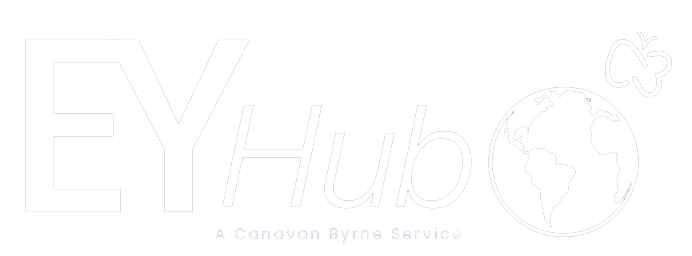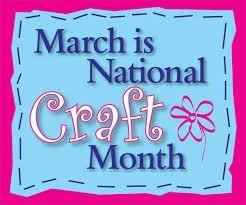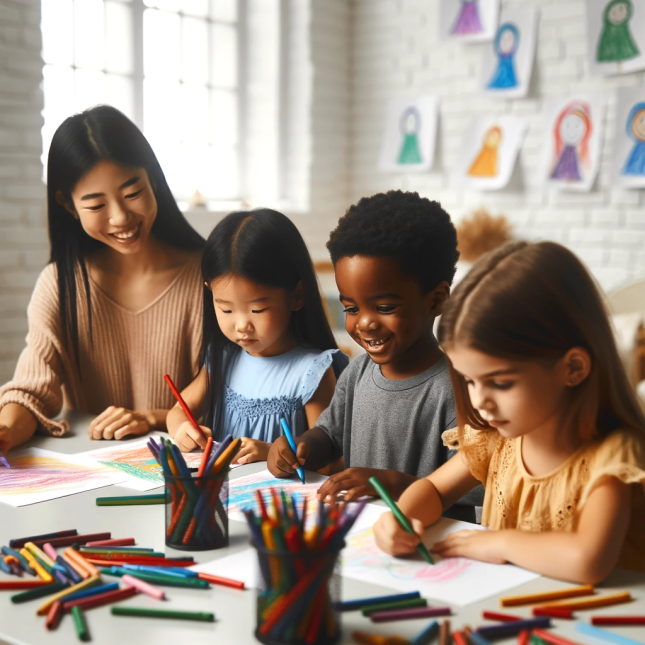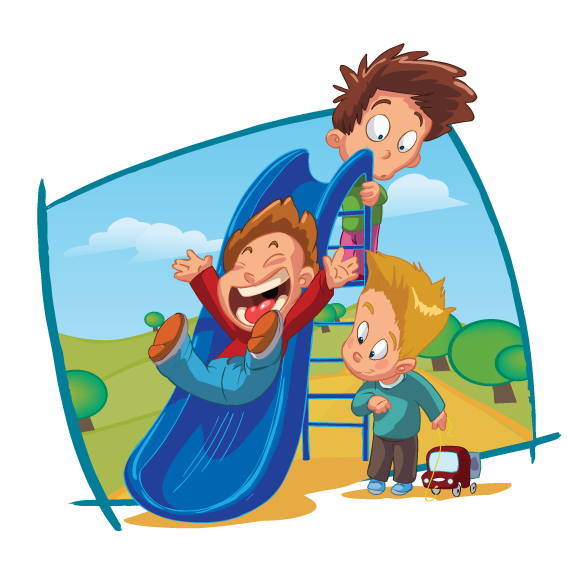Have you ever stopped to consider how important music is in so many different aspects of our culture? This is because music connects so deeply with our thoughts and feelings. Like many of the functions of our minds, it's a little mysterious exactly why Music Education affects us the way it does, but it does connect with all of us in a special way. Think of how important music is to helping create an emotional state in a movie soundtrack. Musical jingles are used to ensure a sales message is remembered. Music is used to help define subcultures for young people. Listening to music in a group creates a special kind of togetherness which may be part of why music is such an important part of religious traditions all around the world.
We believe that it is very important to maximise the exposure of young people to music and dance from an early age. Music and dance should certainly be a regular part of the activities in your early years service. When we talk about "music education" we are really talking about the experience of music as a form of learning, as a form of play and as part of development. Of course for children these are not separate categories, but all part of overall development. Music plays a role in several aspects of development:
Mathematics
It is the most natural thing in the world to use music for counting games. Many theorise that stimulating the parts of the brain that process music also contributes to development of mathematical concepts. Certainly listening and singing are some of the first experiences of a certain kind of structure in verbal expression that connects well to mathematics. In the Waldorf schools inspired by the work of Rudolf Steiner, music and dance are used in the primary classroom directly in conjuction with mathematics drills in addition and multiplication.
Social
Music has always played a big role in social interaction and social structures. Singing and dancing together is a great way for children (and adults) to share feelings and experiences and to feel their part in the group. Music can also be a very important mode for self-expression at any age. Encourage the children in your service to make up songs about their feelings and experiences. Play games together with music. What about having the children learn a simple song and then take turns changing one word to something silly? Children love getting a laugh from their friends.
Movement
Dance is an excellent way for children to pay attention to their bodies, to experience music in a physical way, and to develop coordination. Dance can also play a role in their social development. Dance can be serious and meditative but it can also be silly. Who can come up with the silliest dance for a particular song?
We provide two excellent products for music and movement in the early years: the Ceol Step into Music Programme and Funky Feet, the award-winning series of music and dance modules.




